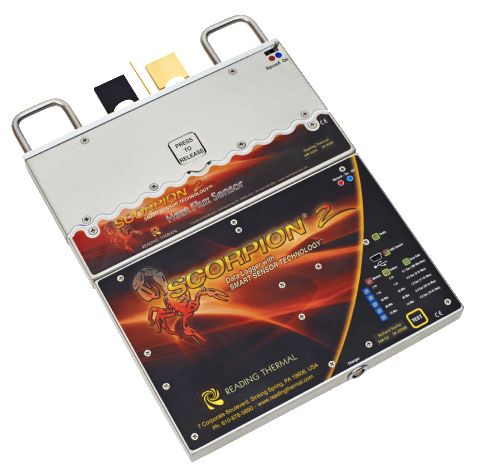The quality of your baked products depends on several factors, but none more critical than maintaining the correct temperature in your ovens. Temperature sensors play a pivotal role in ensuring that your ovens heat consistently and accurately. However, even the best sensors can drift out of calibration over time, leading to inconsistencies in temperature that can affect both the quality of your baked goods and the efficiency of your production process. Reading Thermal would like to show you why regular temperature sensor calibration for commercial bakery ovens is so essential.
Ensuring Consistent Baking Results
In the world of commercial baking, precision is everything. A small variation in oven temperature can lead to underbaked or overbaked products, wasted ingredients, and unhappy customers. Temperature sensor calibration ensures that your sensors are providing accurate readings, so your ovens heat to the exact temperature needed for each recipe.
Without regular calibration, sensors can drift, meaning the temperature they report may not be the actual temperature inside the oven. This drift can happen gradually, making it difficult to notice until it’s too late. By the time you realize there’s a problem, you could have a batch of burnt bread or undercooked pastries that need to be thrown out, costing you time and money.
Reducing Energy Consumption
Accurate temperature sensors don’t just improve product quality – they also help you save energy. When sensors are properly calibrated, your ovens can operate at their optimal efficiency. If the sensors are off, the oven may heat up more than necessary or stay on longer than needed to reach the set temperature, wasting energy in the process.
By calibrating your sensors regularly, you can ensure that your ovens are using just the right amount of energy, reducing your overall energy consumption and lowering your utility bills. In a large-scale operation, these savings can add up quickly, making calibration a cost-effective investment.
Enhancing Food Safety
Food safety is a top priority in any bakery, and temperature control plays a critical role in ensuring that your products are safe for consumption. Many baked goods need to reach a specific internal temperature to kill harmful bacteria and pathogens. If your temperature sensors aren’t calibrated correctly, your ovens may not heat evenly or to the necessary temperature, putting your products – and your customers – at risk.
Regular calibration ensures that your ovens are consistently operating within the required temperature range, helping you maintain compliance with food safety regulations and avoid costly recalls or fines.
Preventing Equipment Damage
Your ovens are one of the most valuable pieces of equipment in your bakery, and they need to be maintained properly to ensure their longevity. When temperature sensors aren’t calibrated correctly, ovens can overheat, putting unnecessary strain on heating elements, fans, and other components. This can eventually result in premature wear and tear, leading to costly repairs or even the need for a full replacement.
By calibrating your sensors regularly, you can prevent your ovens from overheating and reduce the risk of equipment damage, extending the life of your ovens and saving you money on repairs.
Regular temperature sensor calibration is a small investment that can have a big impact on your bakery’s efficiency, product quality, and profitability. To learn how Reading Thermal can help with temperature sensor calibration for commercial bakery ovens, contact us online or call 610-678-5890.

